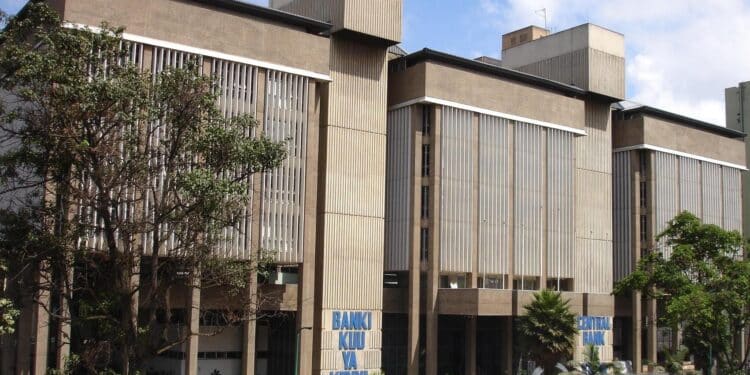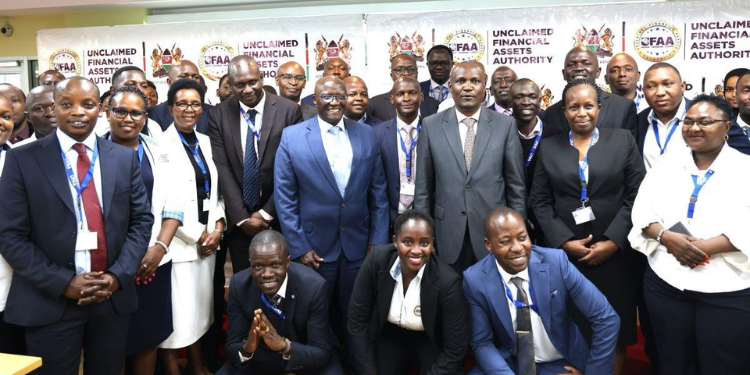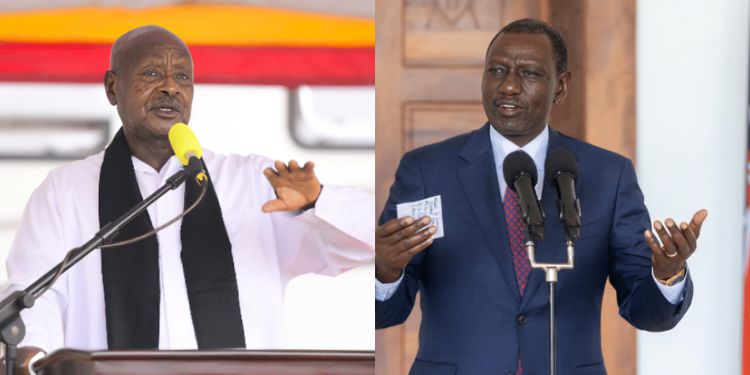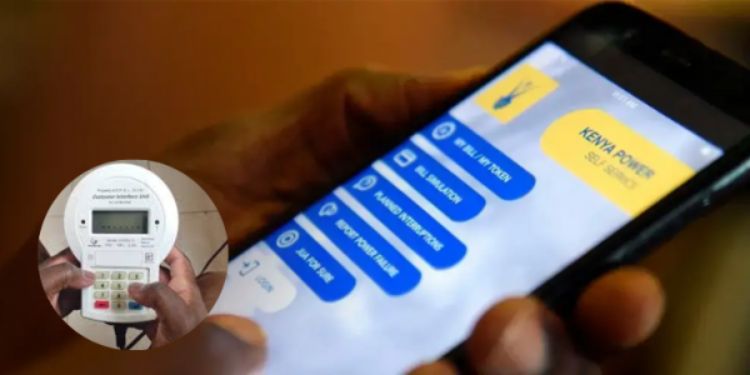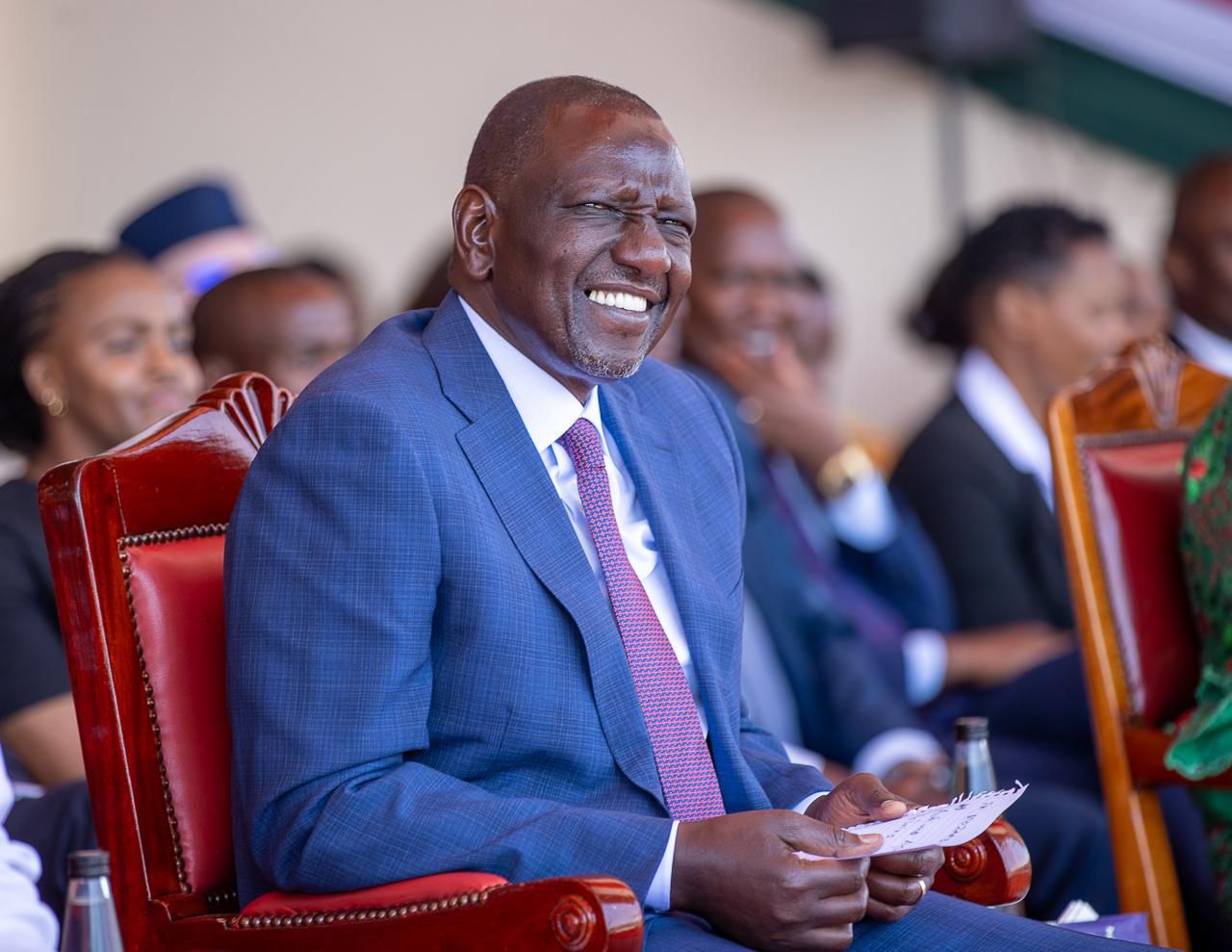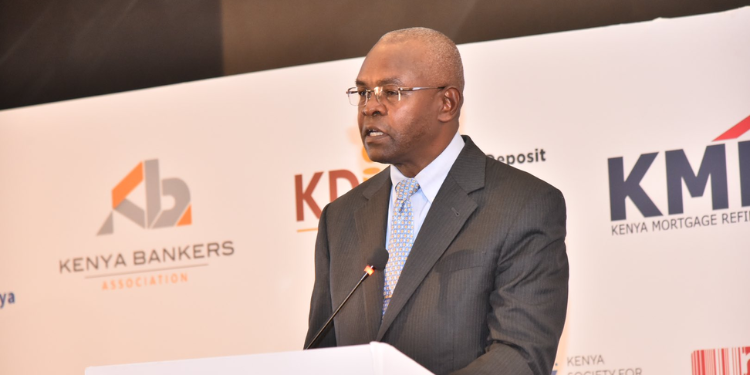The Central Bank of Kenya (CBK) is moving to expand access to government securities by developing a digital Retail Bond System that will allow Kenyans to buy, trade and manage government bonds through their phones and online platforms.
In a detailed procurement document, CBK announced it is seeking a vendor to design, supply and implement the system, which is expected to serve millions of users simultaneously and remain operational around the clock.
“The Retail Bond system will provide a platform for investors to open and maintain government securities accounts, purchase government securities, remit payments, receive interest/coupon payments and sell/rediscount their securities using their mobile phones and website,” the document states.
The platform will also integrate with various financial and government systems, including mobile network operators (MNOs), commercial banks, Kenya’s core banking infrastructure, the Central Securities Depository (CSD), the national tax system and identity verification databases.
Requirements for Retail Bond System
It must support payments through mobile wallets, Real-Time Gross Settlement (RTGS), SWIFT and Kenya’s fast payment networks.
Also Read: CBK Opens Online Survey to Tackle Gaps in Credit Cost Platform
According to CBK, the system must “seamlessly support a minimum of 40 million transactions simultaneously” and be accessible on a 24/7 basis through USSD codes, mobile applications and web portals.
Users will be able to manage their accounts, place bids in bond auctions, and participate in secondary bond trading directly from their devices.
The bank also intends for the system to enable various forms of bond issuance, including original auctions, tap sales and reopening, as well as rediscounting and collateralization for loans.
It must accommodate a specific retail bond issuance programme, with pricing and valuation aligned to local market practices.
CBK to Vendors
Key features will include portfolio management tools, automated reconciliation, alerts and notifications via SMS and email, and business intelligence dashboards.
Also Read: China Warns Somaliland Over Ties With Taiwan
The system must also provide a “detailed audit trail,” strong role-based access controls, and disaster recovery capabilities.
In terms of long-term planning, the central bank noted that the platform should be scalable enough to include digital retail bonds on blockchain and AI technologies.
The document outlines that CBK will require vendors to enter an escrow agreement to ensure continuous system availability even if the vendor fails to deliver ongoing support.
A service-level agreement will also be required to provide maintenance and performance guarantees.
However, CBK made clear that integration with its T24 core banking system is not part of the project scope.
This move is part of CBK’s broader push to deepen public participation in financial markets and increase the inclusivity of government bond investment.
Follow our WhatsApp Channel and X Account for real-time news updates.
